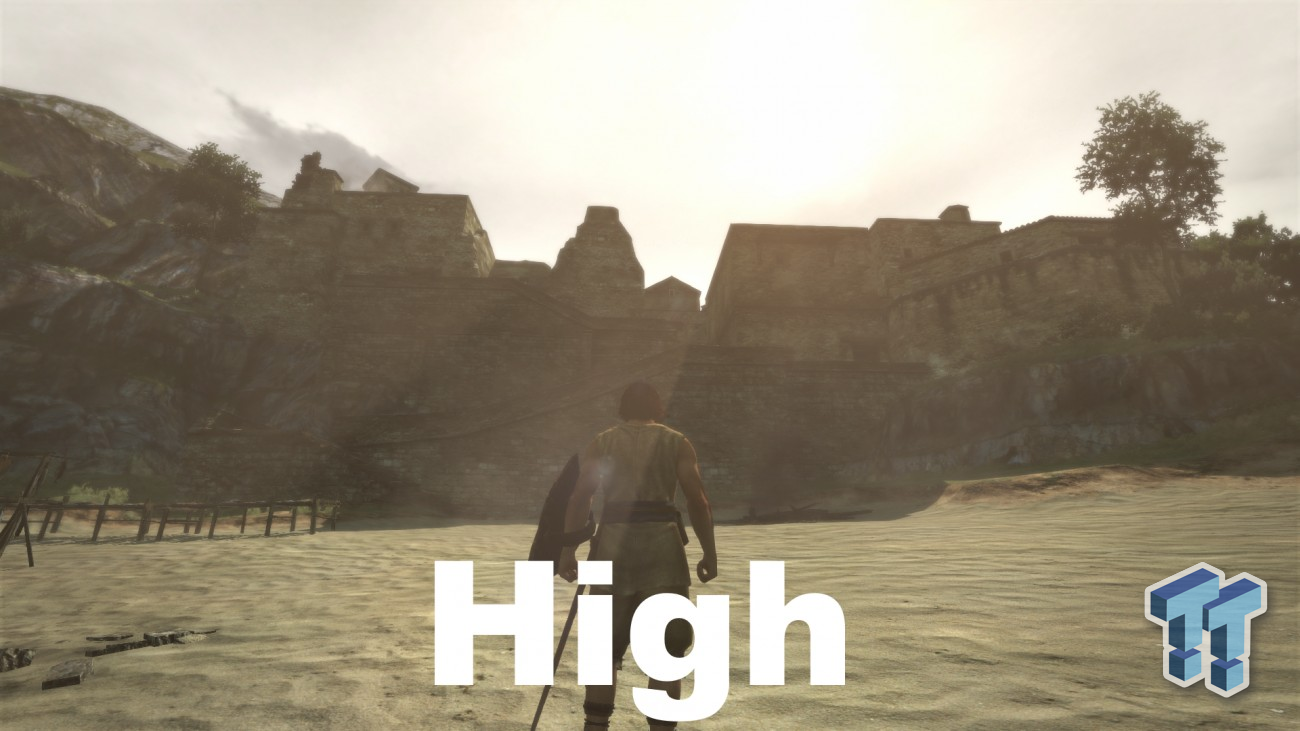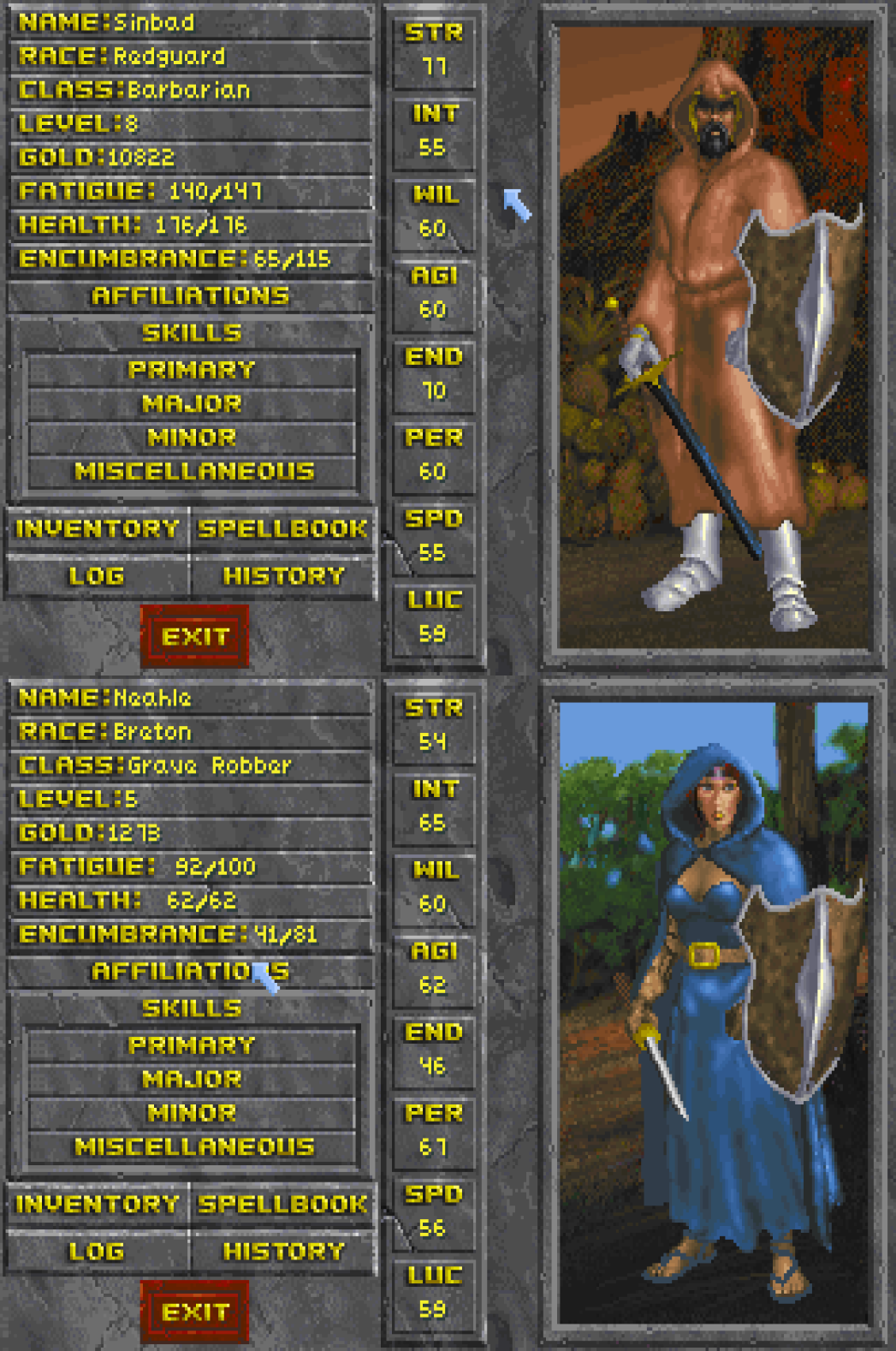
A lot of gesturing ensued, most of the fingers being pointed at the Duke’s palace but many of them rising to the snow-capped peaks to the south. They bombarded me with what must have been questions but, realizing that I could not follow their meaning, they broke off speaking to me and instead launched into a heated debate. I heard the metallic clash and clatter at the same time that the sentries did, and before I could even step out of the tackhouse, they had risen and rushed me, bearing me down to the rocky ground and binding me fast with thongs and a bridle. Whatever the circumstances that conspired against me were, at that moment they placed a rack of what I later was told were “spurs” on top of that blanket. Perhaps some sort of Karma, of which the Hindi speak, was searing its brand on my life. Perhaps this moment was just a continuation of the terrible fortune that befell me over that whole year. So, carefully stepping over the now sleeping guards, I entered the tackhouse and snatched up the first blanket upon which my hand fell in the darkness. I cared not for a saddle, but I thought that I would be well-served by one of the horse blankets in the livery. She started a bit, but certainly no more than any Arabian will when strange hands grip their reins. I sneaked around the camp and untied the horse. I listened to the guards tell each other stories in their fluid, yet guttural, tongue, only making out the odd word or place name.Įventually, the sentries’ fire died down, the early dawn chill descended, and I could see that no one had an eye on a thin mare near the periphery of the paddock.

Two hundred years of occupation had, apparently, not made the Mongols lax in their guard duties I waited until long after midnight for my chance. I was certain that, if patient, a chance to trim a mount from the edge of the herd would present itself.Įvening faded and died into night and still I hid near the paddock. The paddock was not fenced and was only staffed with guards near the tackhouse on the northern end of the field. I sized up the sentries and waited for an opening which would allow me to lead away one of the fine Arabians that the Mongols favored. I was in Kraków and made my way to the paddocks of the Ducal Livery one afternoon. Reaching the Carpathians in just under twelve days, I endeavored to steal supplies and a horse to carry me over the mountains. And the longer I stayed in occupied Poland, the more likely I would again be captured and back on the road to Novgorad. There was little hope of me making it the whole way to the relative safety of the Christian Magyar Kingdom without provisions or adequate clothing. How naïve I was, to think that the slavers would even follow! Those dark mountains, with their windy passes and year-round snow, were the death of many a well-prepared and -rationed traveller. I made a break for freedom in the middle of chilly night, intending to find the Wisla River and follow it into the Carpathians, where I was certain I could lose what little pursuit I thought would be sent. The thought of being worked to death, rather than drunk to death, so angered me that I attempted to escape from the slavers escorting us along the Baltic coast. I was herded with the younger men to be sent to Novgorad and traded into slavery to the Mongols ruling Poland at the time. Though most of us spoke the old High German dialect, as well as Slavic and Norman tongues, there was confusion upon our landing and we were taken prisoner as spies or illegal immigrants or soldiers, depending upon our age or sex. Norse raiders lay siege to Copenhagen’s ports in the spring of that bleak year and many of the residents of the village were driven south across the Baltic to the German shore. I was ready to retire in the new village of Copenhagen, founded by the Danish soldier Absallon, Archbishop of Lund, and watch the calm Baltic flow away to the Latvian shore.Įvents of the year of 1238 conspired to arrest my retirement and force me into retreat, fear, and uncertainty. I had worked and lived hard and forsaken family for finance. I had seen the birth of human rights in the great Magna Carta and I had witnessed their disparagement in territorial wars. I had been a successful merchant on the Baltic and North Seas, shipping wool and timber to the Normans, Scottish, and Dutch. In that era, a forty-six year life was considered to be a full one. I was born in 1192 and given The Kiss in 1238. How long have I lived? Yes, that could be relevant, I suppose.


I have lived too long on my Path to practice duplicity. I presume that they intend to conduct some sort of tests on this text to confirm its veracity.

I suppose that they do not trust my Oath of Fealty. The Tremere have asked that I transcribe my History for the Chantry records.


 0 kommentar(er)
0 kommentar(er)
